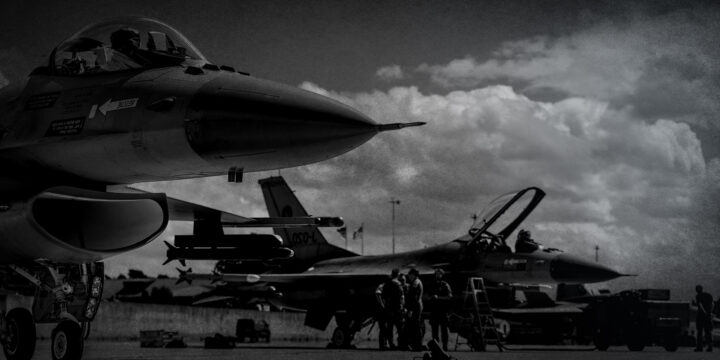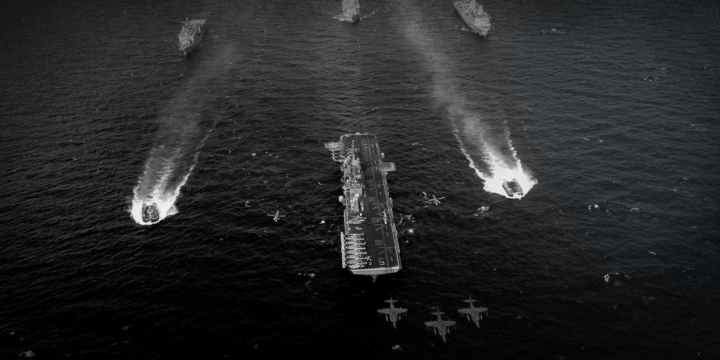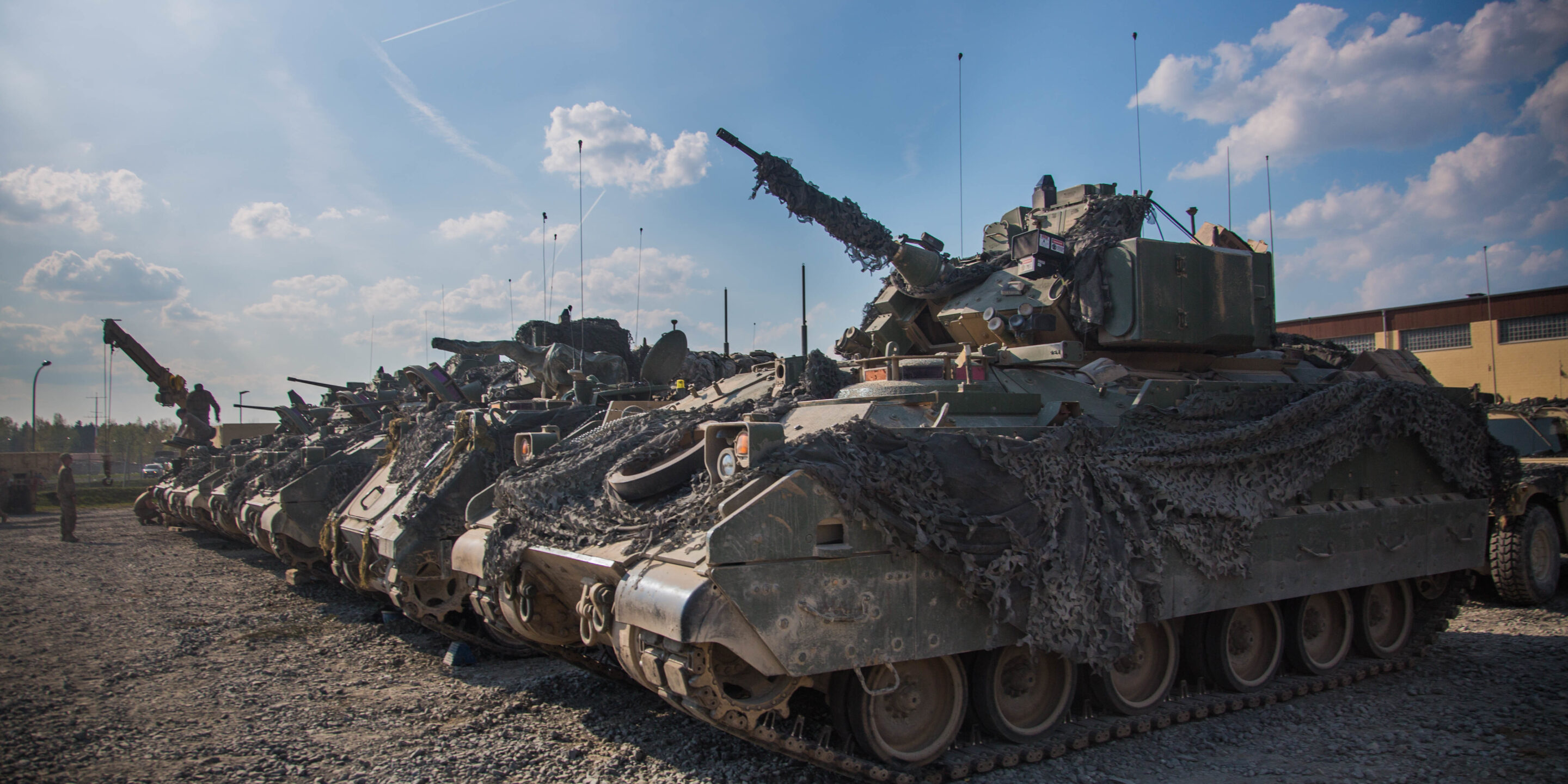
Russia’s ongoing invasion of Ukraine, Kyiv’s pressing problems on the battlefield and President Donald Trump’s brazen unpredictability have done what no other combination has done before: shocked Europe out of its peace dividend slumber. An increasing number of European leaders are now asking themselves whether the Continent can afford to do business like it did in the three decades since the Berlin Wall came tumbling down. As French President Emmanuel Macron observed with trademark dramatic flair weeks ago, “It’s quarter to the midnight.”
There is an emerging acknowledgment among Europeans that they’ve been sitting on their behinds for too long assuming the U.S. will be perfectly willing to keep the barbarians from breaching the walls. Americans have tried to disabuse them of this notion for decades — in 2011, then-U.S. Defense Secretary Robert Gates warned NATO allies that it would be difficult to maintain U.S. support for the alliance if the burden continued to fall on America’s shoulders. But the Europeans didn’t really take the issue seriously until a revanchist Russian leader by the name of Vladimir Putin brought war back to the region.
So it’s only fair to ask: Is Europe casting old assumptions aside and stepping up to the plate? The answer is muddled.
Read article in The Chicago Tribune
Author

Daniel
DePetris
Fellow
More on Europe

Featuring Jennifer Kavanagh
March 24, 2025
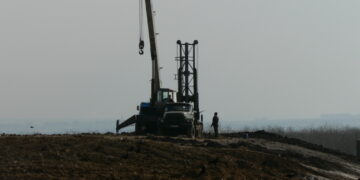
Featuring William Walldorf
March 24, 2025
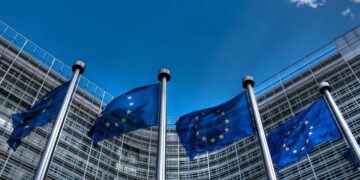
March 21, 2025

Featuring Jennifer Kavanagh
March 20, 2025

By Rajan Menon
March 19, 2025
Events on NATO


